【AlphaESS VPP 102】The Faster the Better: Very Fast FCAS
2024-08-26
In today’s rapidly evolving energy landscape, maintaining grid stability has become more crucial than ever. One of the key innovations driving this stability is Very Fast Frequency Control Ancillary Services (FCAS). Defined by the Australian Energy Market Operator (AEMO), Very Fast FCAS is engineered for ultra-rapid responses, acting as the grid's first line of defense during sudden disturbances. Think of it as a lightning-fast guardian, stepping in within seconds to restore balance and ensure the continuous flow of power.
At the same time, Virtual Power Plants (VPPs) are emerging as essential tools for enhancing grid flexibility and stability. By aggregating distributed energy resources like solar panels, batteries, and wind turbines, VPPs function as a unified power source. This collective power enables more efficient deployment of frequency control services, such as Very Fast FCAS, ensuring the grid can respond swiftly and effectively to any disruptions. The synergy between VPPs and Very Fast FCAS not only strengthens grid resilience but also paves the way for a more adaptable and sustainable energy system.
In a previous "AlphaESS VPP 101" article, we explored the basics of VPP and Frequency Control Ancillary Services (FCAS). If you need a refresher, you can catch up [here].
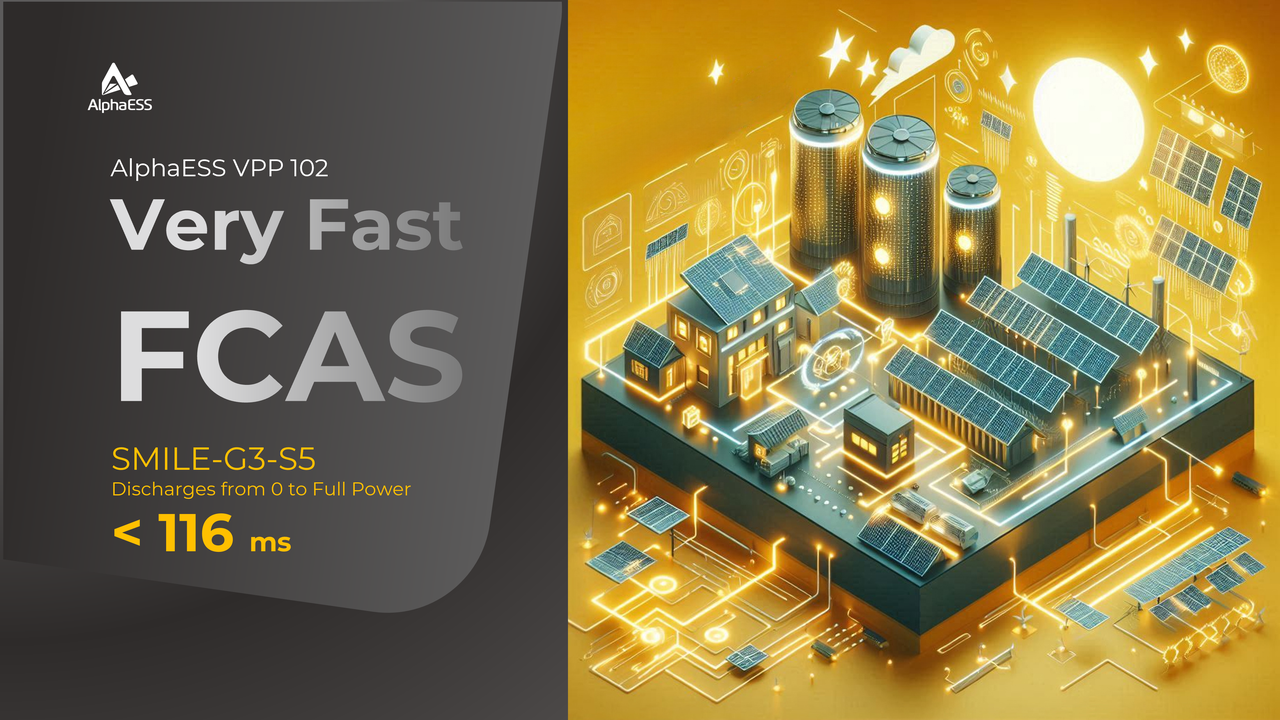
What is Very Fast FCAS?
Very Fast FCAS (Very Fast Frequency Control Ancillary Services) refers to the services specifically designed to provide an ultra-rapid response to stabilize grid frequency in the event of sudden disturbances. As part of the broader Contingency FCAS group, Very Fast FCAS plays a critical role in immediately arresting frequency deviations that follow significant system events, such as a generator trip or a large load change. Unlike Fast FCAS, which responds within 6 seconds, Very Fast FCAS operates within just 1 second, offering an even quicker intervention to maintain grid stability. Very Fast FCAS is composed of the following two key services:
Very Fast Raise Service (R1): Commonly referred to as 1-Second Raise FCAS, this service is designed for an extremely rapid increase in generation or a decrease in load within just 1 second in response to a drop in local frequency. The primary objective of Very Fast Raise Service is to arrest the initial frequency drop caused by a contingency event, providing an immediate response that can stabilize the grid before transitioning to other slower response services.
Very Fast Lower Service (L1): Also known as 1-Second Lower FCAS, this service involves a rapid decrease in generation or an increase in load within 1 second when there is an increase in local frequency. The goal of Very Fast Lower Service is to prevent the frequency from rising too quickly by immediately reducing excess generation or increasing load, ensuring the grid remains stable and avoiding potential overshoots.
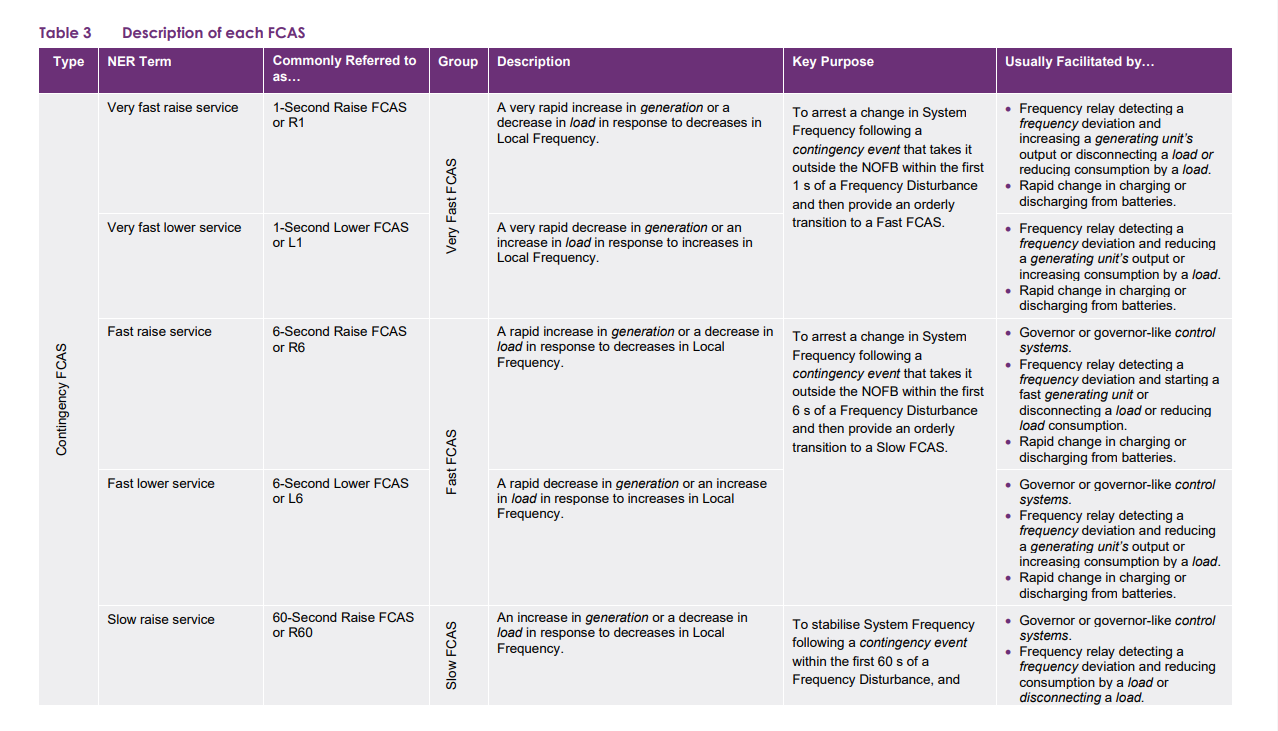
The Benefits of Fast FCAS
1. Rapid Response to Grid Instabilities:
Very Fast FCAS provides near-instantaneous adjustments to balance supply and demand on the grid. In the event of sudden disruptions, such as a generator failure or a rapid change in demand, Very Fast FCAS can quickly stabilize the frequency, preventing potential blackouts or other grid failures.
2. Supporting Renewable Energy Integration:
Renewable energy sources like wind and solar are variable and can change output rapidly due to weather conditions. Very Fast FCAS is essential in managing these fluctuations, ensuring that the grid remains stable even as renewable energy penetration increases.
3. Reducing Reliance on Fossil Fuels:
Traditional power plants, especially fossil fuel-based ones, are slower to ramp up or down. Very Fast FCAS allows for a more dynamic response, reducing the need for fossil fuel-based peaking plants, thus supporting a cleaner energy grid.
4. Enhanced Grid Resilience:
By providing rapid frequency control, Very Fast FCAS enhances the resilience of the grid to unexpected events, such as sudden load changes or faults in the network. This quick response capability is vital for maintaining continuous power supply and avoiding cascading failures.
5. Cost Savings:
Quick stabilization of the grid reduces the risk of large-scale blackouts and the associated costs. It also minimizes the need for expensive, slow-responding backup generators, leading to a more cost-efficient operation of the power system.
The Role of Energy Storage Systems
Energy Storage Systems (ESS) like the SMILE-G3-S5 are at the forefront of grid stability, especially when it comes to Very Fast Frequency Control Ancillary Services (FCAS).
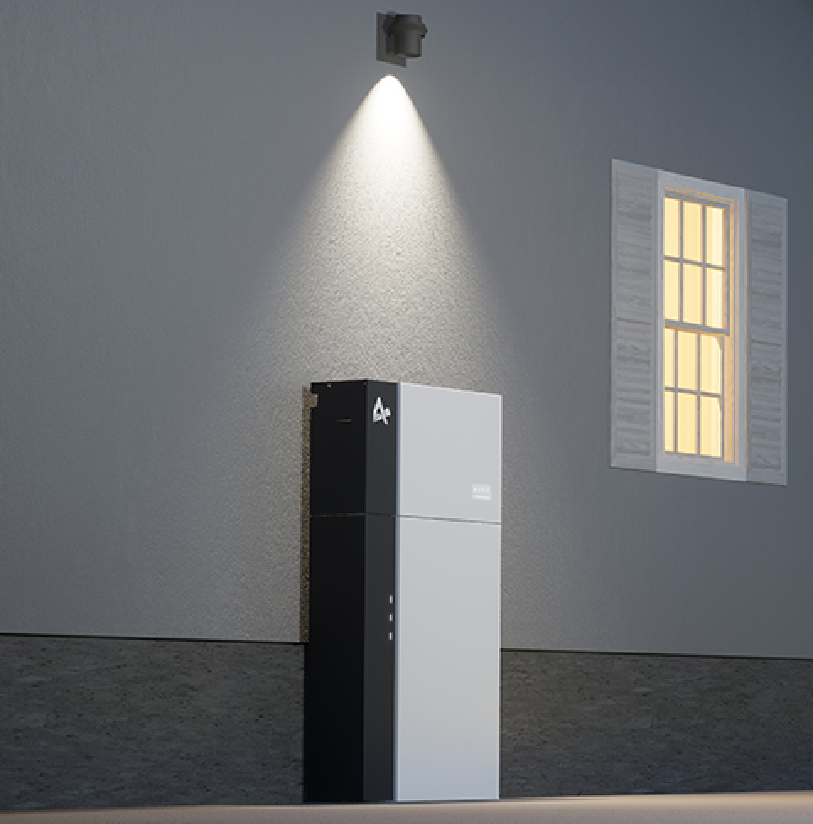
One of the standout features of the SMILE-G3-S5 is its ability to respond to grid commands with remarkable speed. For example, when a frequency deviation is detected that necessitates a decrease in power output, the SMILE-G3-S5 can transition from 0 to 5kW full power discharge in just 116 ms—faster than the blink of an eye. To put this into perspective, the average human blink lasts about 100 to 150 ms, and the SMILE-G3-S5 can react even within that tiny window of time. In an area where every millisecond counts, this response time sets the SMILE-G3-S5 apart from competitors, offering a level of precision and speed that is critical in Very Fast FCAS. The precision and speed of the SMILE-G3-S5's response ensure that the grid receives exactly the adjustment it needs, exactly when it needs it.
In a rapidly evolving energy landscape, where stability and efficiency are paramount, Very Fast FCAS represents a crucial innovation. By providing immediate support to the grid during unexpected events, it ensures that the transition to a cleaner, renewable energy future is not only possible but also resilient and reliable. At AlphaESS, we're proud to contribute to this advancement with our cutting-edge Energy Storage Systems like the SMILE-G3-S5, which exemplify the kind of precision and speed that make Very Fast FCAS a reality. As we continue to push the boundaries of what's possible in grid stabilization, we're committed to delivering solutions that empower a sustainable energy future for all.



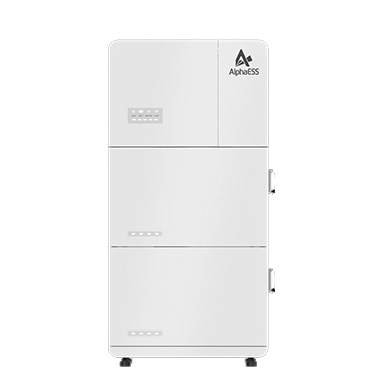

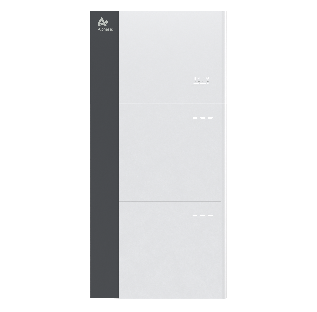
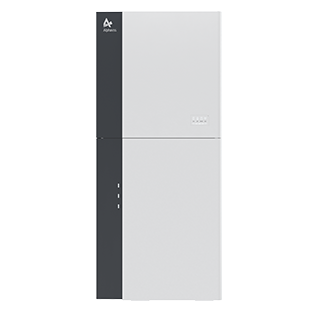
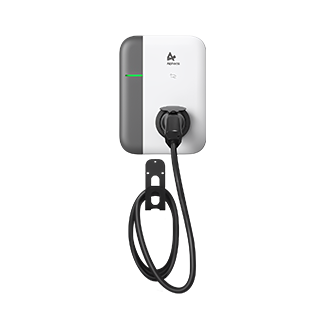

.png)
(2).png)
(3).png)
(545x562xiangsu)(2).png)

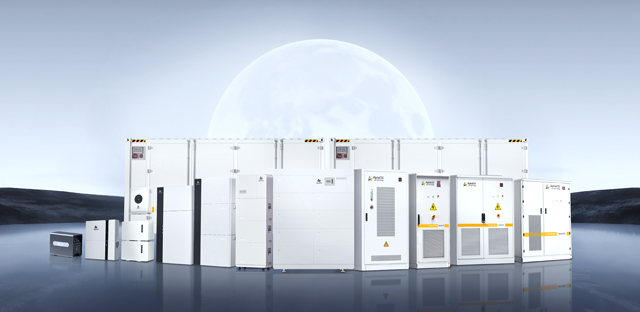


.svg)





















